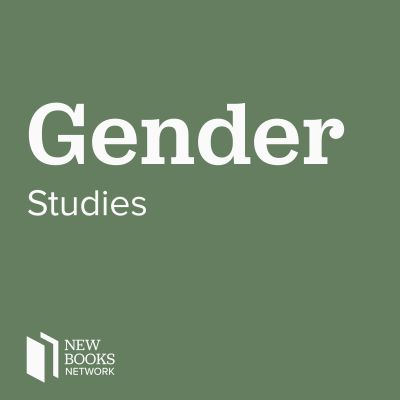Interviews with Scholars of Gender about their New Books Support our show by becoming a premium member! https://newbooksnetwork.supportingcast.fm/gender-studies
https://newbooksnetwork.com
Judith Giesberg, “Sex and the Civil War: Soldiers, Pornography, and the Making of American Morality” (UNC Press, 2017)
Judith Giesberg, an expert on the history of women and gender during the Civil War, is professor and director of graduate studies in the history department at Villanova University and Editor of The Journal of the Civil War Era. Two of her previous books include Civil War Sisterhood: The United States Sanitary Commission and Women’s Politics in Transition (2000), which is about the understudied roles of women in relief efforts during the war, and “Army at Home”: Women and the Civil War on the Northern Home Front (2009), which concerns the experiences of working class women in the north. She is also the principal editor of Emilie Davis’s Civil War: The Diaries of a Free Black Woman in Philadelphia (2014).
Her latest book, and the subject of our discussion, is Sex and the Civil War: Soldiers, Pornography, and the Making of an American Morality (University of North Carolina Press, 2017). Giesberg argues that the Civil War is the turning point for the influential rise of postwar anti-pornography laws and a genesis for the related network of anti-vice campaigns, which included laws against contraceptives and abortion, newly entrenched legal regulations of marriage, and ever broader social purity initiatives around sexuality.
We discuss how crucial, and yet understudied, questions of sex and desire are to the Civil War era and how silence around them has affected the ways we talk about and regulate social relations today. Much of our conversation focuses on how a small group of men created new regulations around pornography, the constitution of which was always up for debate, to hold onto the political and social power that they felt to be threatened by men of a lower class or of a different race. Prominent among this group of regulators, and a leading face of the postwar anti-vice campaigns, was Anthony Comstock. After serving in a largely inactive regiment during the war, and feeling left out of the camaraderie generated by the sharing of pornography among his fellow soldiers, Comstock fashioned for himself a largely illusory legal fraternity of moral crusaders. For pornography was hardly the main issue for those who associated themselves with his cause. Geisberg writes and talks about how other men in power negotiated the place of newly freed slaves by tightening the regulatory role that marriage played in their “free” lives. Doctors jumped at the opportunity to regulate abortion and contraception as a way to further professionalize themselves after postwar advances in medicine. Both of these groups became part of an omnibus of social reform that affects the country to this day. As you will hear over the course of our conversation, the importance of Giesberg’s account is in showing the connections between these issues and how they come together in the Civil War. Sexual abuse was at the center of social systems, including slavery. But the legal articulations of sexual crimes after the war created more easily regulated vices that distracted attention aw...
Learn more about your ad choices. Visit megaphone.fm/adchoices
Support our show by becoming a premium member! https://newbooksnetwork.supportingcast.fm/gender-studies
